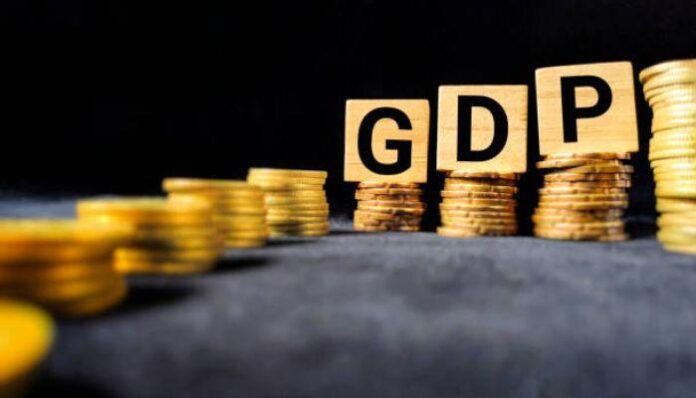By Hosea Parah, Abuja
Nigeria’s recent Gross Domestic Product (GDP) rebasing by the National Bureau of Statistics (NBS) has sparked widespread debate, with some critics misinterpreting the move as a sign of economic decline. However, a closer look at the facts reveals a more accurate picture—one that underscores the need for clarity and a better understanding of what GDP rebasing really means.
GDP rebasing is a routine statistical process carried out every 5 to 10 years to update the base year used in calculating a country’s economic output. This update ensures that GDP figures reflect the current structure of the economy, accounting for new and evolving sectors. Nigeria’s previous rebasing was done in 2014, using 2010 as the base year. The latest rebasing now uses 2019 as the new reference point, incorporating growing industries such as digital services and social welfare programs.
Many countries—including Ghana, South Africa, and Egypt—regularly conduct GDP rebasing to maintain accurate economic data in line with international best practices. It is not a political move, but a necessary statistical exercise.
Some have wrongly claimed that Nigeria’s GDP has “collapsed” from $509 billion in 2014 to $252 billion in 2023. This comparison fails to consider a crucial factor: exchange rate fluctuations. In 2013, the naira traded at around ₦157 to the US dollar. By the end of 2023, it had weakened to over ₦1,400/$1 due to exchange rate unification reforms.
In reality, when measured in naira terms, Nigeria’s GDP has more than tripled since 2013—clearly indicating economic expansion, not contraction. The sharp decline in dollar value is largely a reflection of currency adjustments, not shrinking productivity.
Critics have also pointed to the drop in per capita GDP from $3,009 in 2013 to $1,642 in 2023. This decline is driven by three main factors: rapid population growth, currency devaluation, and long-standing structural challenges in the economy. Rather than being a cause for alarm, this statistic highlights the urgent need for reforms to improve living standards and economic resilience.
Despite claims that state governments are struggling to pay salaries, recent data tells a different story. Federal Accounts Allocation Committee (FAAC) disbursements to states rose from ₦335 billion in June 2023 to ₦433.25 billion in June 2024. More than 28 states are currently up to date on salary payments.
States such as Lagos, Rivers, Borno, and Akwa Ibom are making significant progress in boosting Internally Generated Revenue (IGR) and investing in infrastructure projects—countering the narrative of widespread fiscal distress.
Claims that foreign direct investment (FDI) is stagnant are also misleading. Capital importation rose sharply to $3.38 billion in Q1 2024, up from $1.09 billion the previous quarter. Nigeria’s re-inclusion in the JP Morgan Government Bond Index has further boosted investor confidence. In addition, both the World Bank and International Monetary Fund (IMF) project Nigeria’s GDP growth at 3.3–3.5% for 2024.
Global rating agencies have responded positively to recent government policies, reflecting growing international confidence in Nigeria’s economic direction.
Dismissing GDP rebasing as “statistical deception” overlooks its importance in shaping evidence-based policy. Rebasing helps to accurately track the contributions of various sectors, align with global data standards, and guide strategic economic planning. While it won’t solve all of Nigeria’s social or economic challenges, it offers vital insights that enable smarter, more targeted interventions.
Nigeria’s latest GDP rebasing should be seen not as a gimmick, but as a vital step in understanding the true state of the economy. Clearing up the misconceptions surrounding it will help promote informed debate and support the implementation of policies that drive real economic reform and development.

